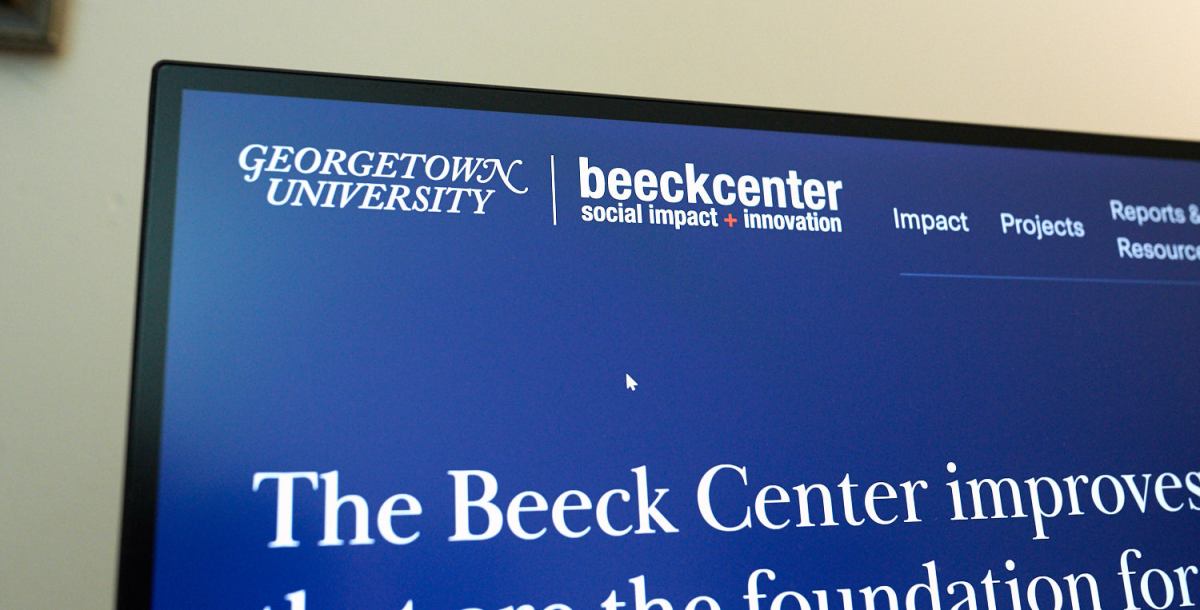New chief data officer tracker compares state efforts

The Beeck Center for Social Impact and Innovation on Thursday published a new tracker that catalogs the growing number of chief data officers working inside of state governments.
The new tracker includes details on the 32 state chief data officers, or equivalent roles, including their names, year the role was established and links to enabling legislation and open data portals. Organizers at the Beeck Center, which is housed at Georgetown University in Washington, D.C., said the list will receive updates as officials change roles and new legislation is passed.
State chief data officers have received heightened attention since the COVID-19 pandemic in 2020 pushed more governors to take a closer look at the datasets of their health, workforce and education departments. The latest wave of artificial intelligence technologies has further solidified data’s role in government as states seek to plow data-hungry AIs into everything from their websites to 911 call centers.
Ali Benson, director of the Beeck Center’s Data Labs initiative, told StateScoop that many state government officials said they wanted a central repository of information about chief data officers to better understand how the states vary in their approaches to the giant task of organizing and using data.
“The CDO role has been around since [2010], but even now it’s still kind of hard to define, and every state is a little bit different,” Benson said. “In addition to that, [many] of the roles had started out with this emphasis on advancing open data initiatives in states, and more and more we’re starting to see that CDOs are evolving into a more complex role that has a closer relationship with the governor’s office, and they’re being more positioned as strategic thought partners in data-informed policymaking.”
She said the new tool is intended to have several functions, including providing chief data officers a way to compare their roles to that of their peers, and a means to advocate for increased funding or influence inside their own states.
“Agency leaders can benefit very greatly from a statewide CDO perspective in their work, but a lot of them don’t know that their state has a CDO, so it’s about building visibility for the role,” Benson said.
The Beeck Center’s Data Labs initiative, which provides training and technical assistance to data teams inside state governments, has aided a wide range of data-fueled projects, like Arizona’s efforts to boost homeless residents’ adoption of safety net benefits and Colorado’s evaluation of how long-haul COVID is affecting the state’s workforce.
“We’ve just seen a ton of positive results in terms of CDOs providing that strategic lens in helping states not only have this pragmatic layer of considerations, which is what’s possible from a data perspective, kind of zooming out at a statewide level, what has or hasn’t worked historically, connections with people, etc.” Benson said.






